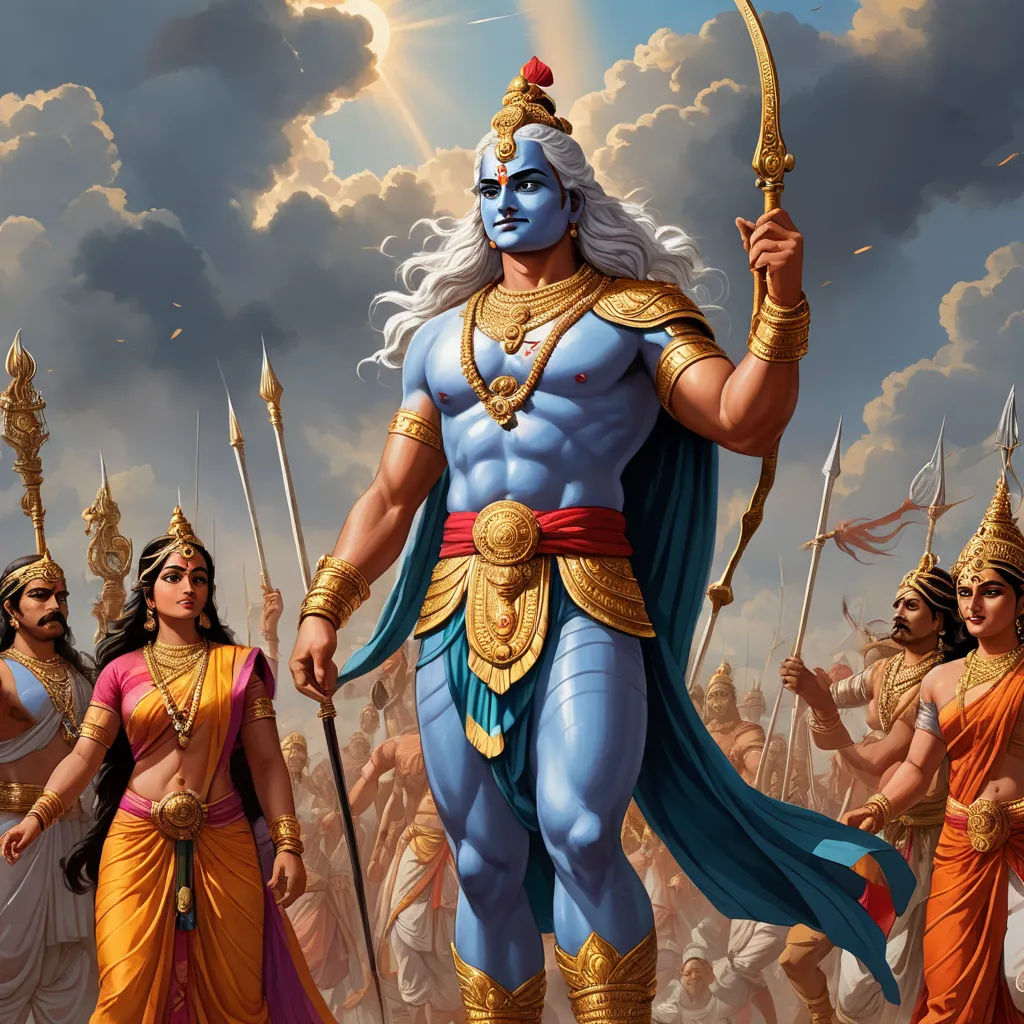
The Vows of Bhishma
By ramya9031

26 Feb, 2024
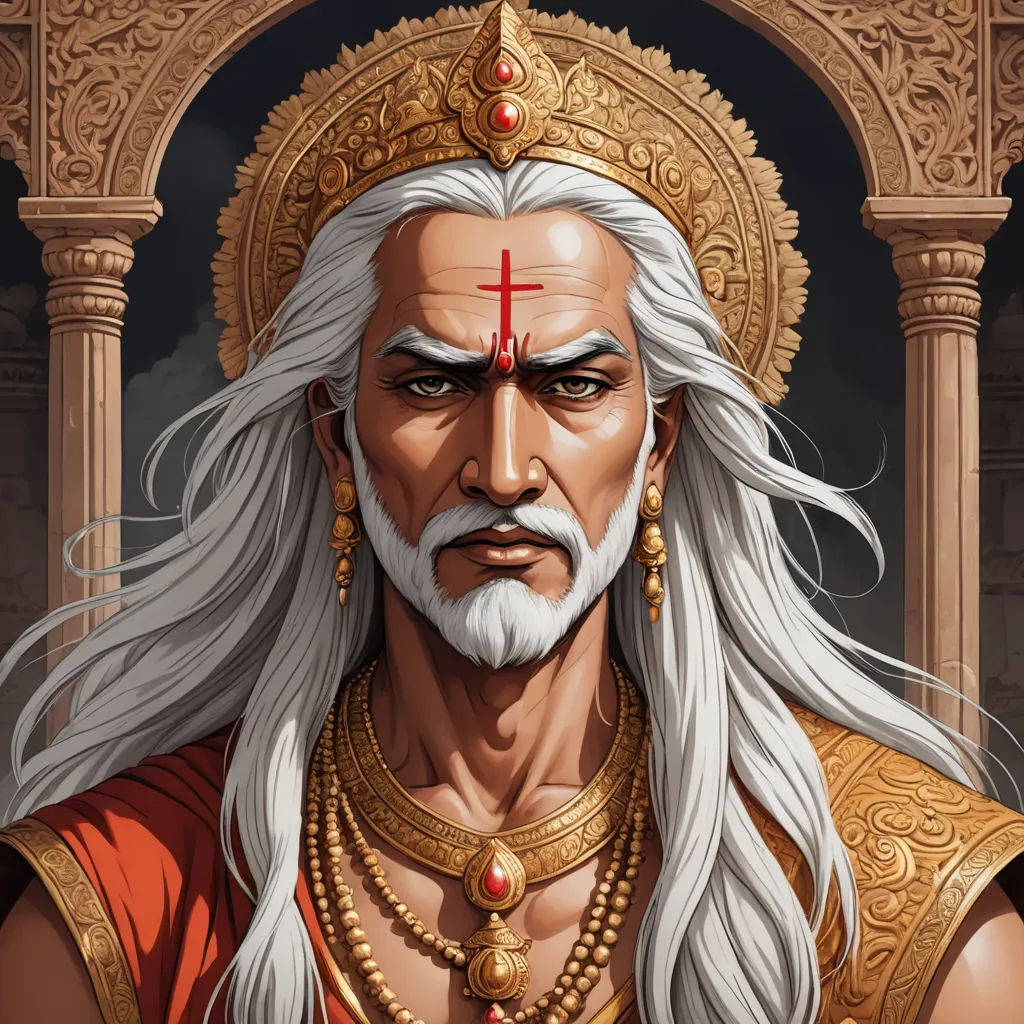
In the epic of Mahabharata, Bhishma pitamaha held a significant role. Born as Devavrata, he was the son of the river goddess Ganga and King Shantanu. He was known for his unwavering righteousness and commitment to his word.
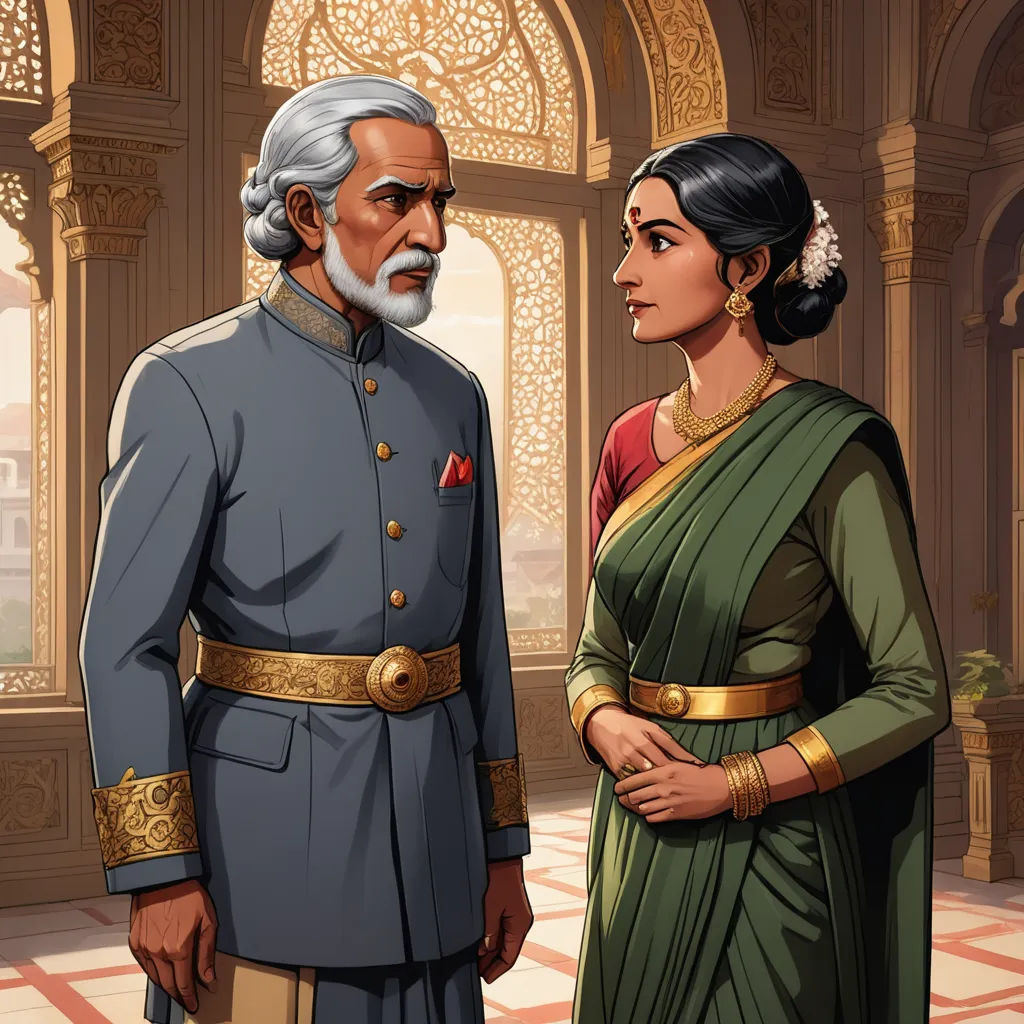
As a young prince, Devavrata had been destined for the throne. However, his life took a dramatic turn when his father fell in love with a fisherwoman named Satyavati. Her father demanded that Satyavati's sons should succeed the throne, which Shantanu could not promise.
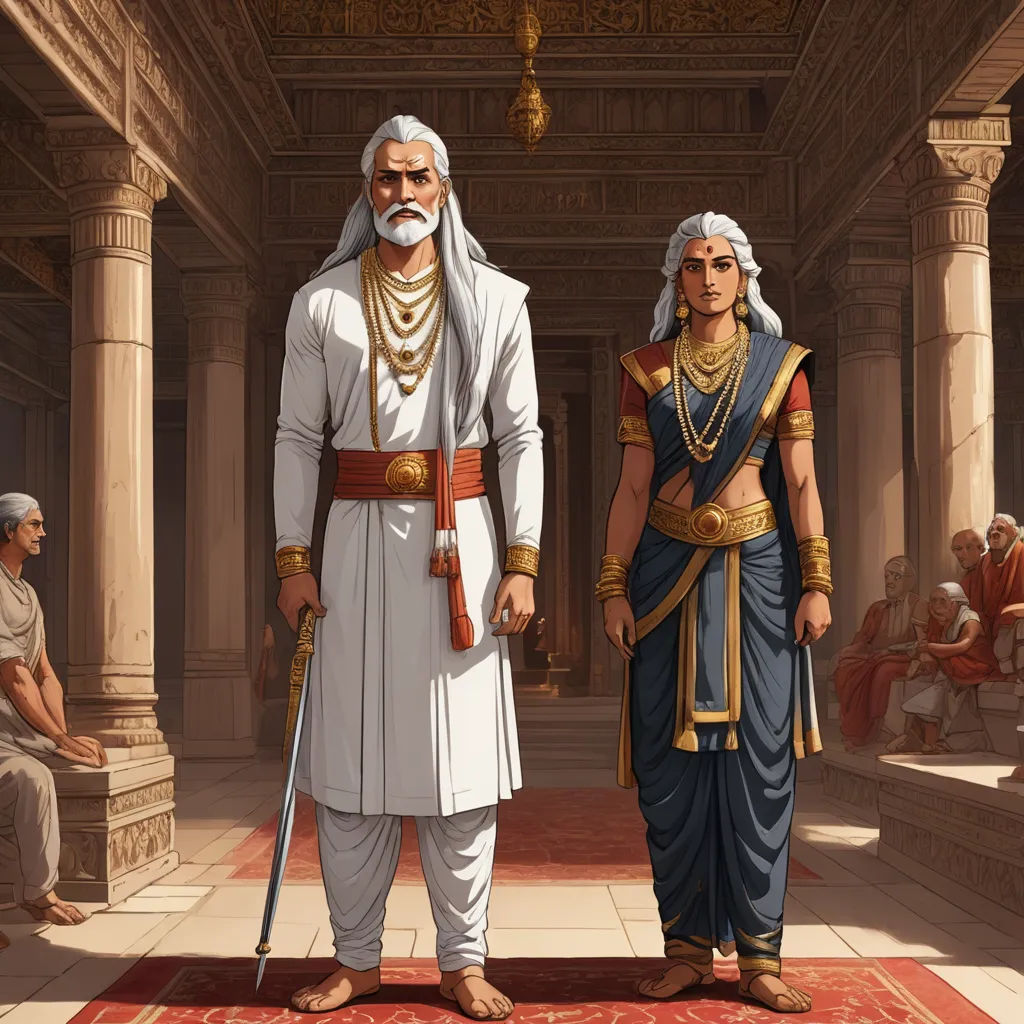
Devavrata, to ensure his father's happiness, took a severe vow. He swore to remain celibate for his lifetime and renounced his claim to the throne. From that moment, he was known as Bhishma – the terrible, due to his terrible oath.
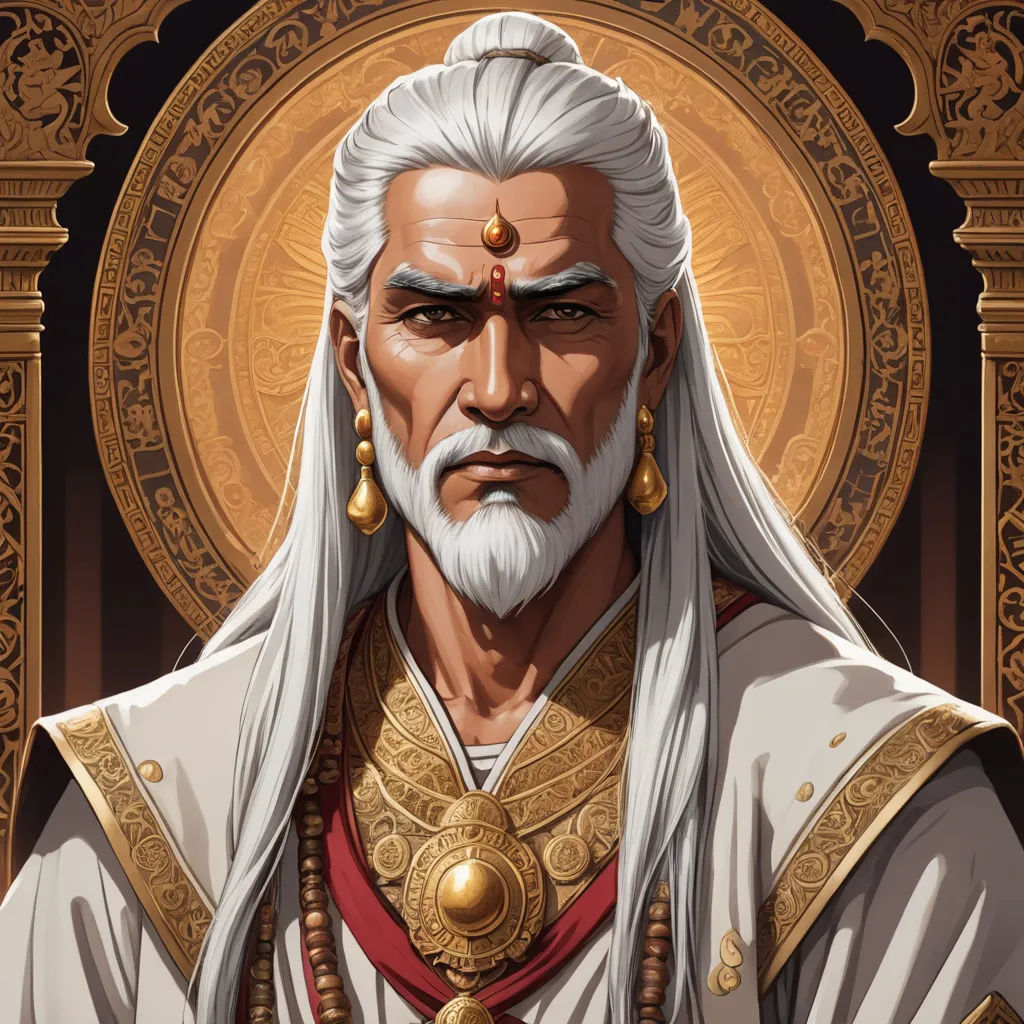
Bhishma was a beacon of righteousness and wisdom. His vow of celibacy made him a revered figure, and he remained a steadfast counselor to the Kuru dynasty, advising his successors with his vast knowledge.
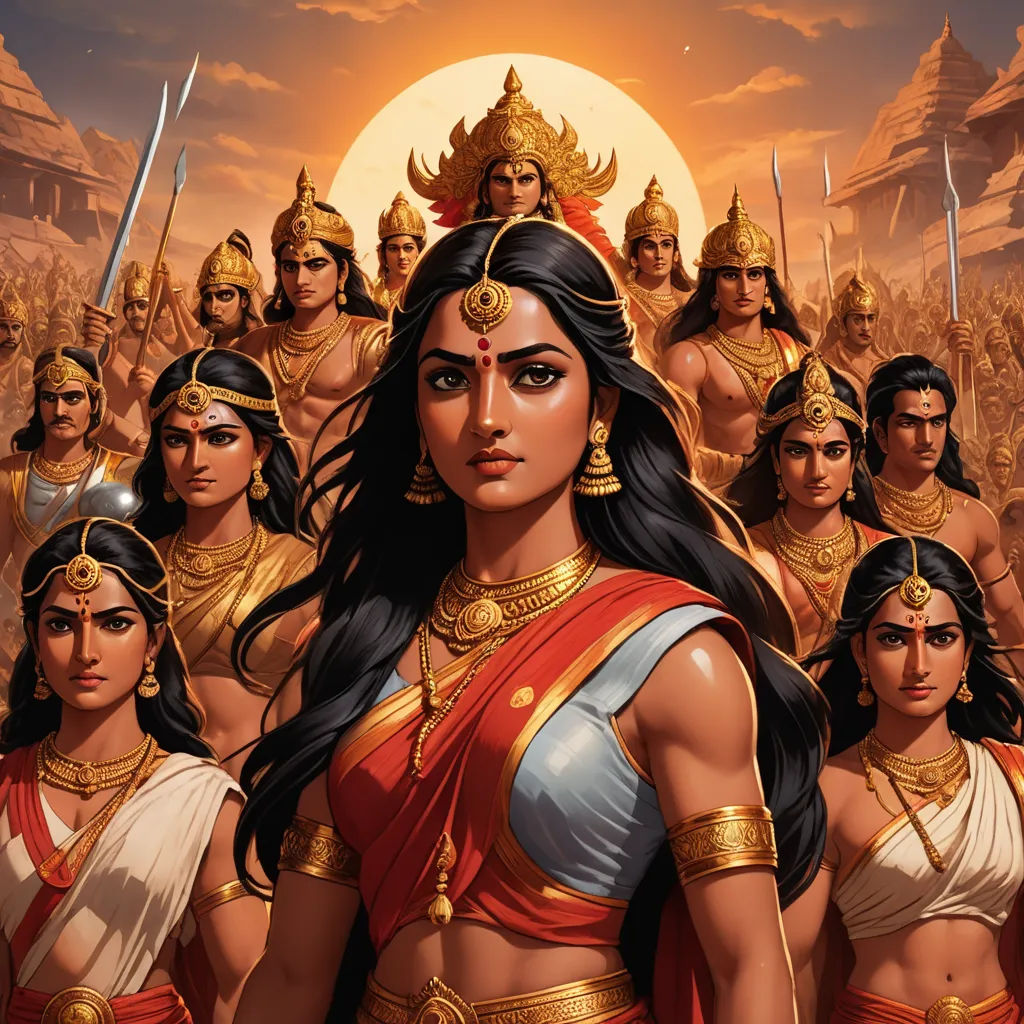
The epic of Mahabharata was filled with powerful kings and warriors, among them were Drupada's sons, Dhrishtadyumna and Draupadi, and the sons of Pandu.
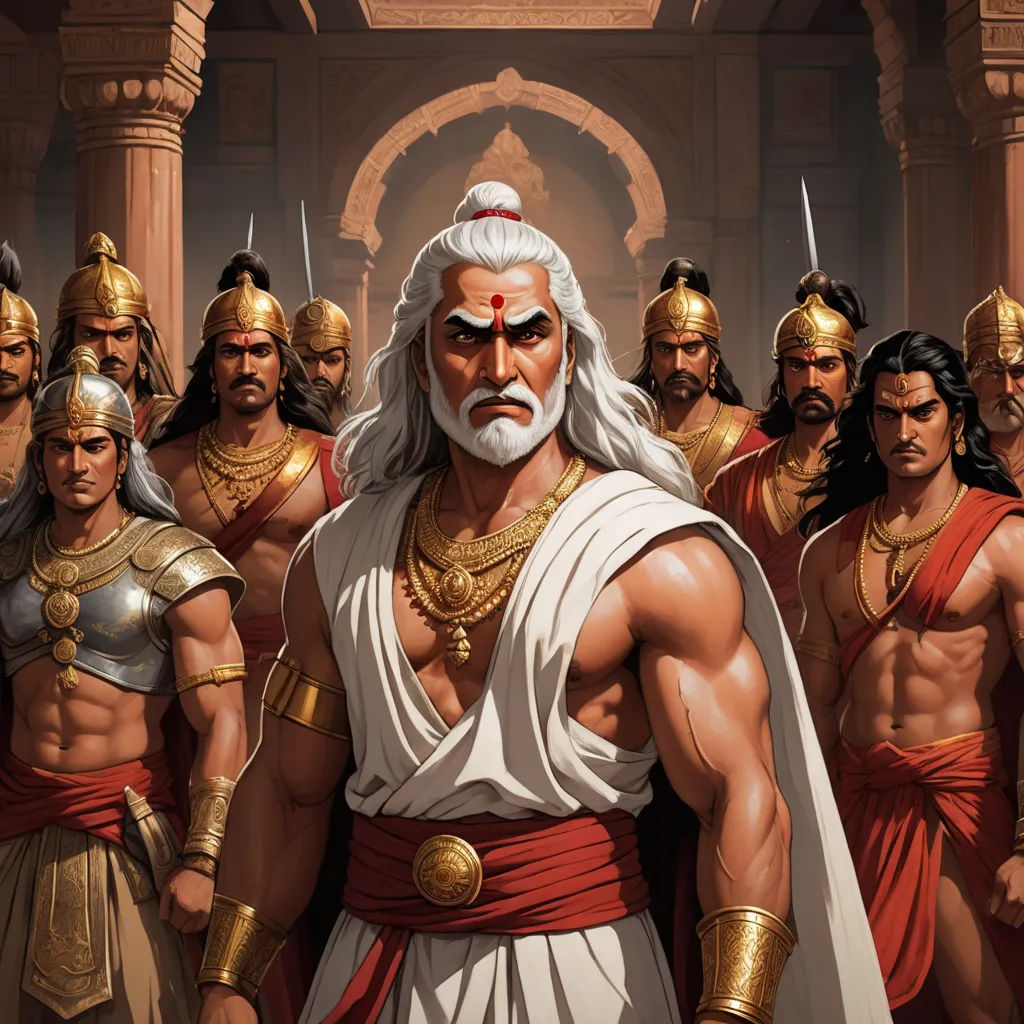
The Pandavas and Drupada's sons were at odds due to the game of dice, where Draupadi was humiliated. Bhishma, despite his wisdom, was unable to prevent the incident due to his allegiance to the throne.
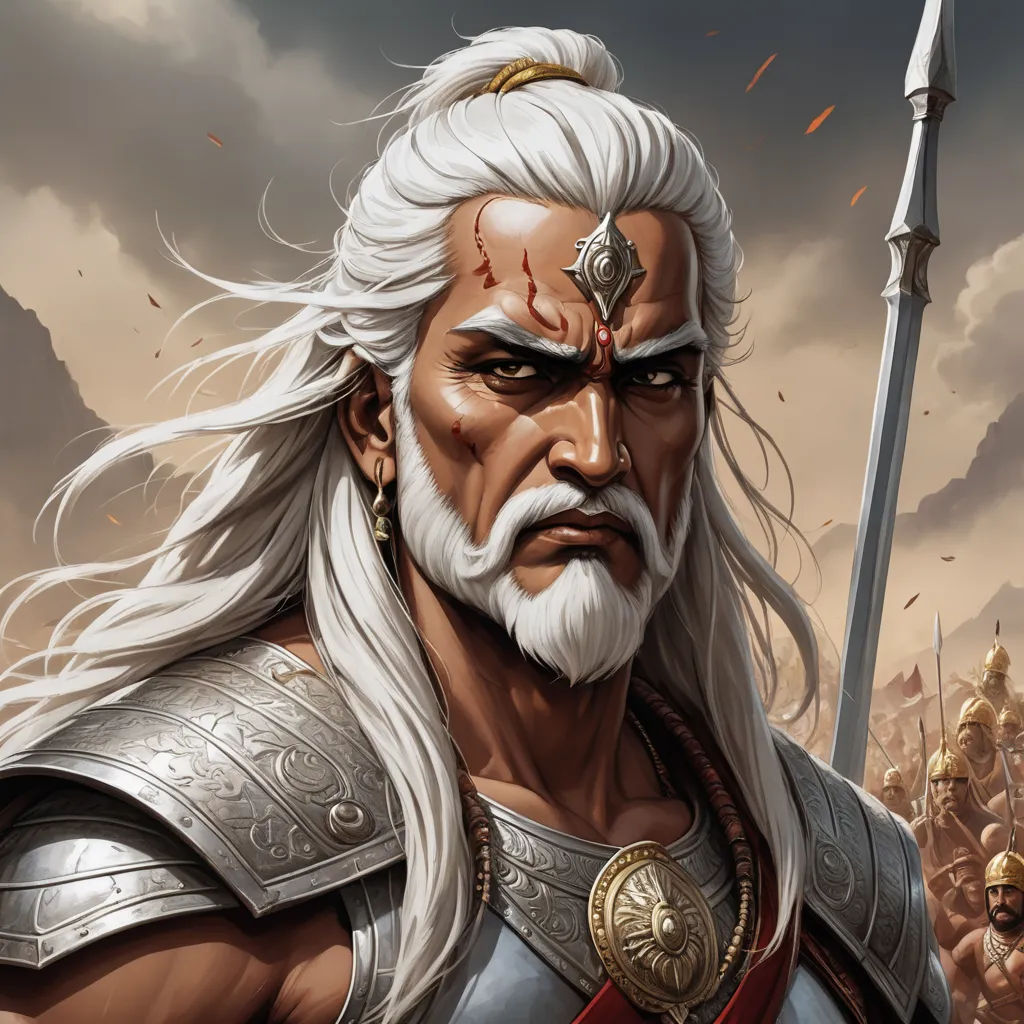
Eventually, the hostility led to the epic Kurukshetra War. Bhishma, bound by his vow, fought on the side of the Kauravas, despite his affection for the Pandavas.

Bhishma was a formidable warrior, and his prowess in battle was unmatched. However, he was eventually felled by Arjuna, one of the Pandavas, under the guidance of Lord Krishna.
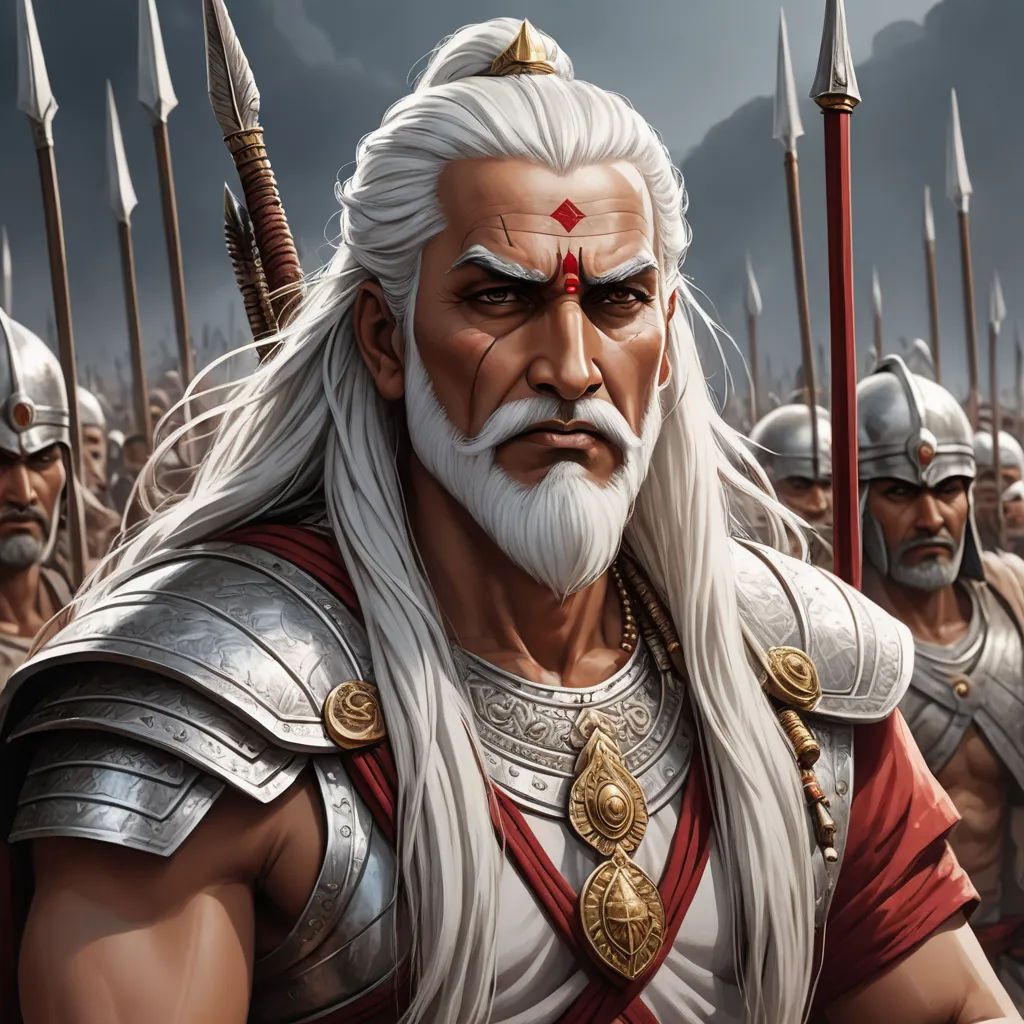
Even in his defeat, Bhishma's greatness shone through. He fell on a bed of arrows, but did not pass away immediately. Instead, he waited for the auspicious time of Uttarayana for his soul to depart.
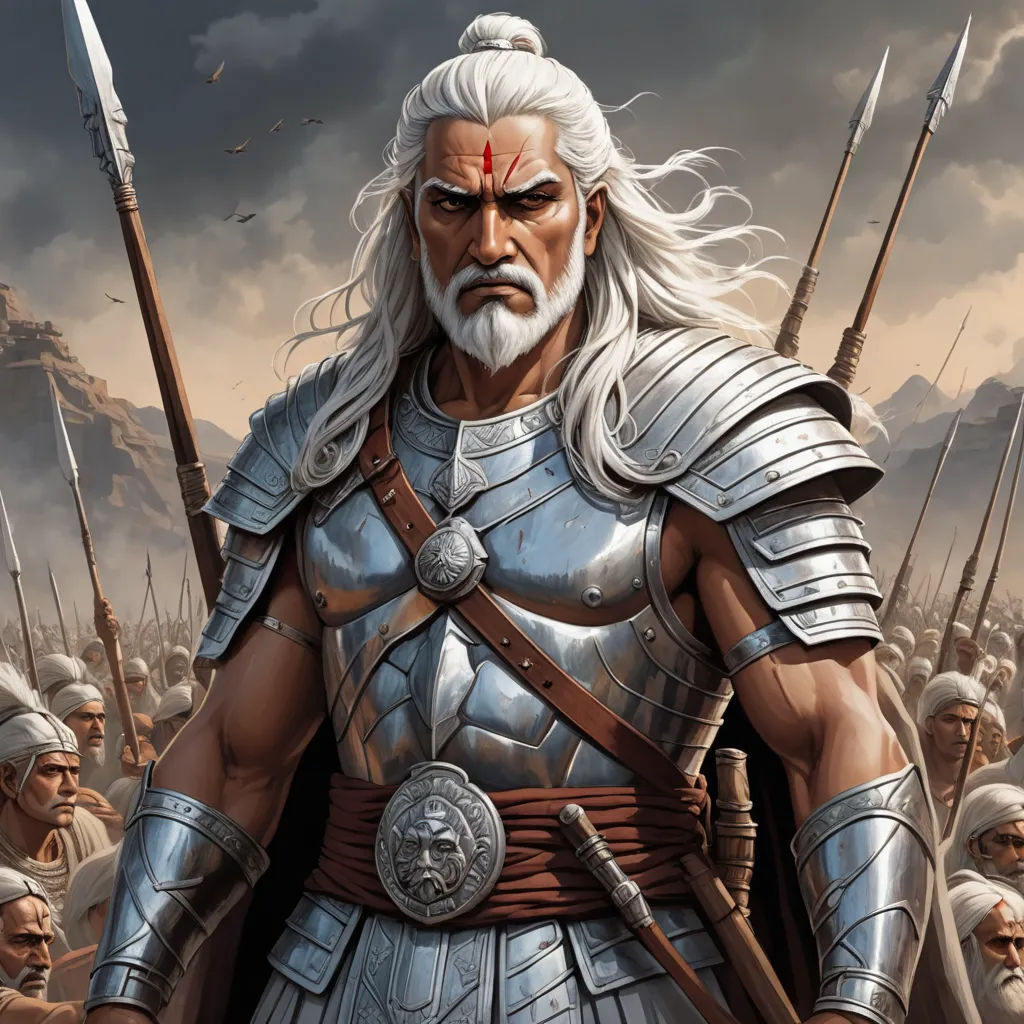
Bhishma's bed of arrows was his final testament to his commitment and sacrifice. His body, pierced by numerous arrows, remained elevated above the ground, causing him immense pain yet he bore it stoically.
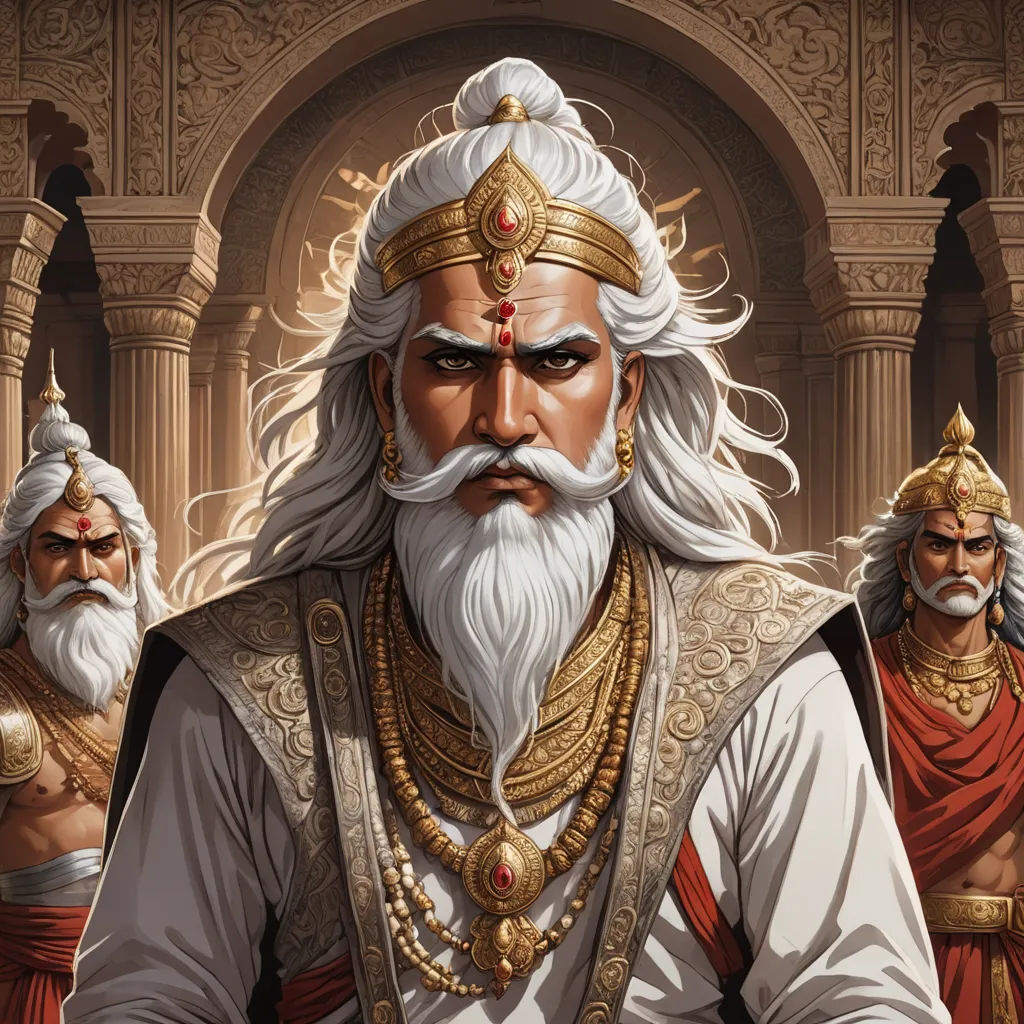
In his final days, Bhishma imparted his wisdom and teachings to the Pandavas and others who came to him. His discourse, known as the Bhishma Parva, is a significant part of the Mahabharata.
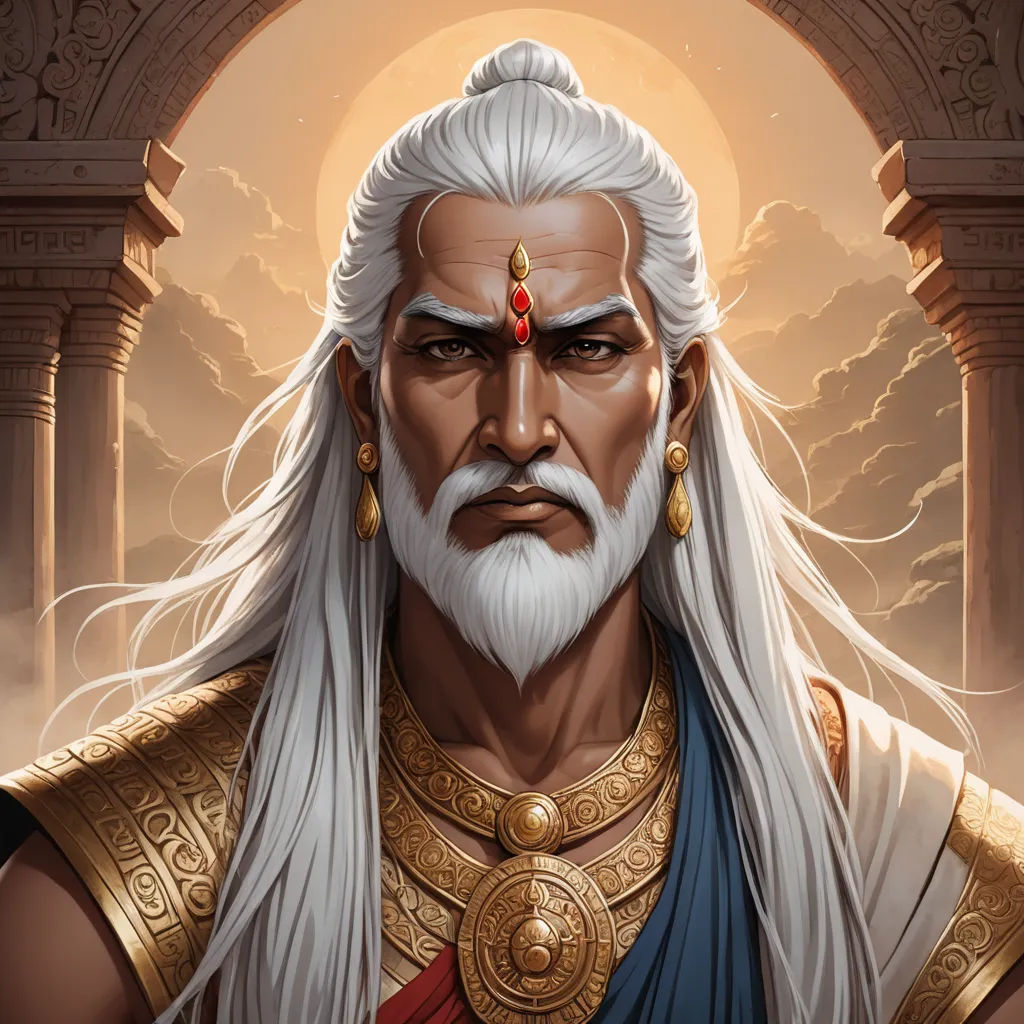
He spoke of Dharma (righteousness), Artha (purpose), Kama (desire), and Moksha (liberation). These teachings continue to guide generations, underlining his significant role in the epic.
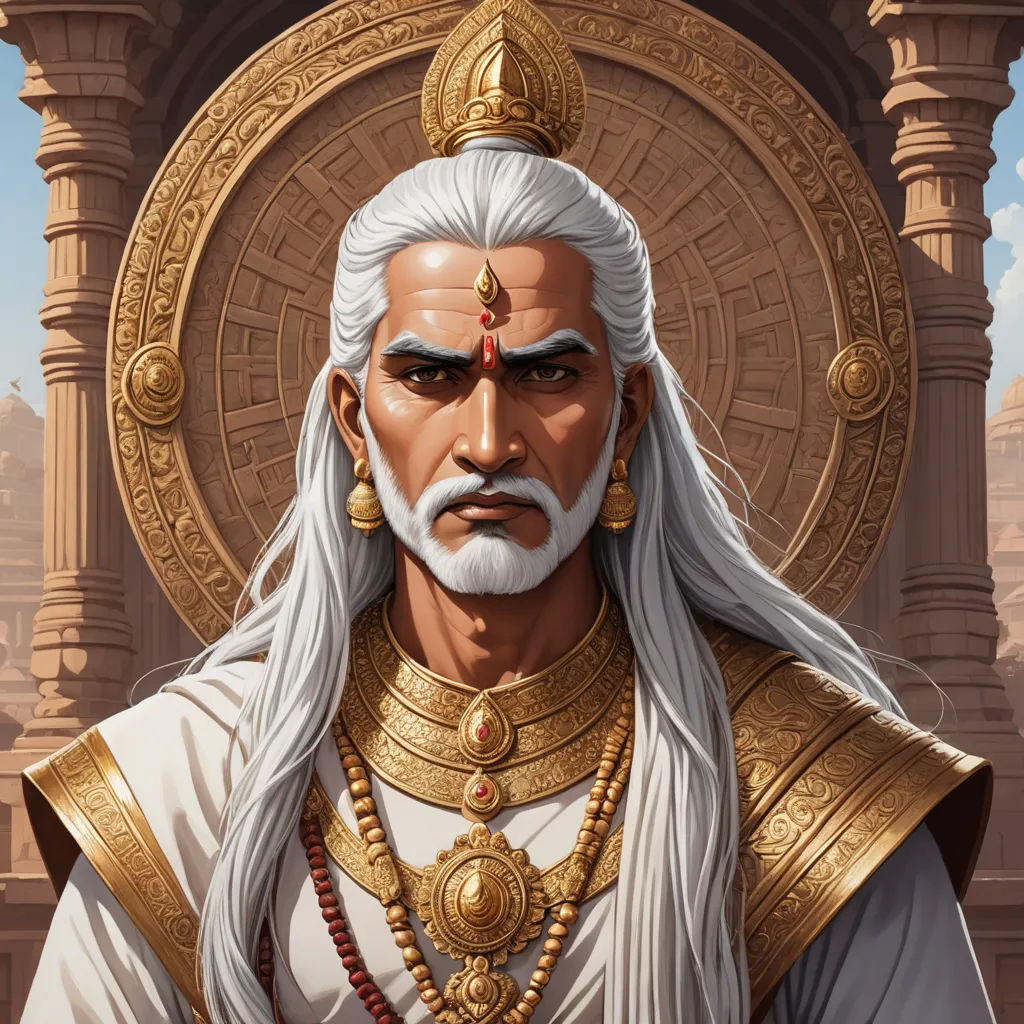
Bhishma pitamaha's life was a saga of self-sacrifice, duty, and honor. His celibacy and his sacrifice for his father's happiness made him a revered figure in Indian mythology.
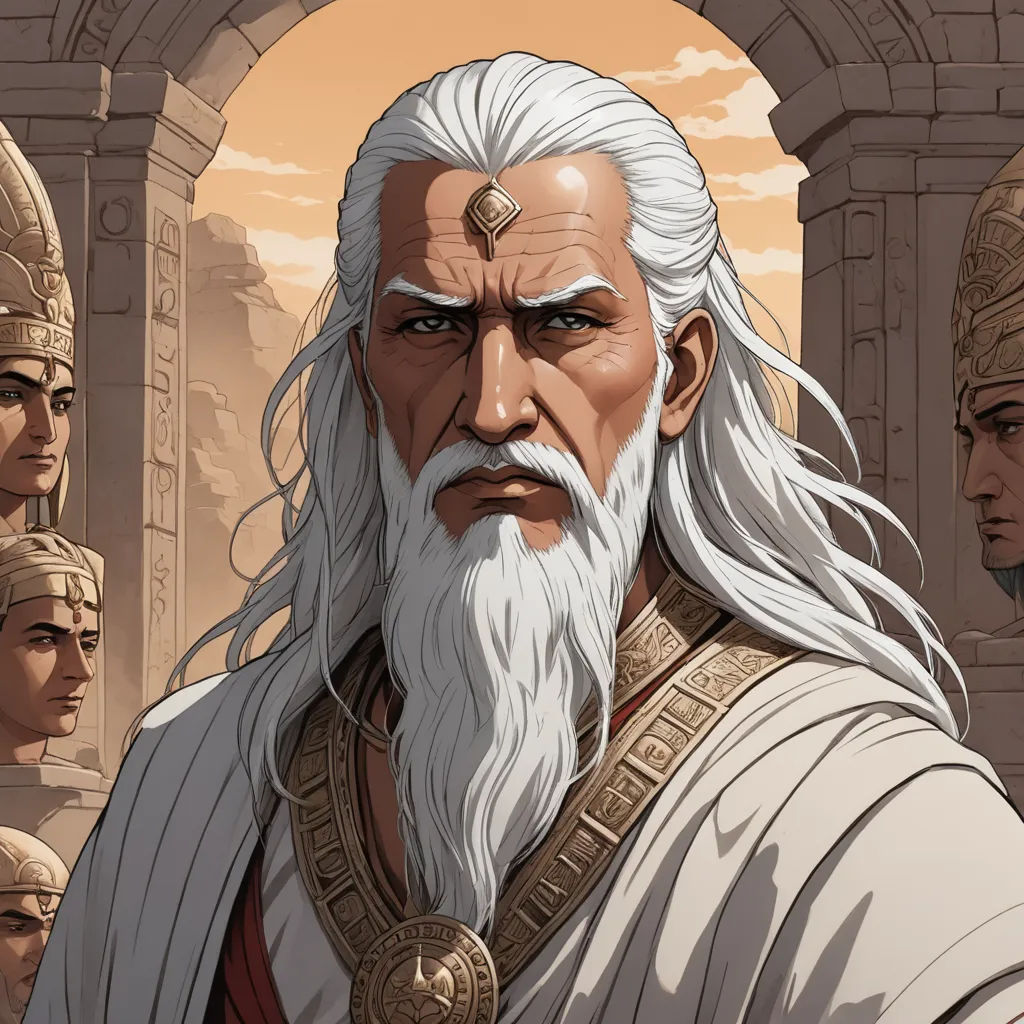
His character is a reminder that principles and duty often demand great personal sacrifices. And yet, it is these sacrifices that define us and live on after we are gone.
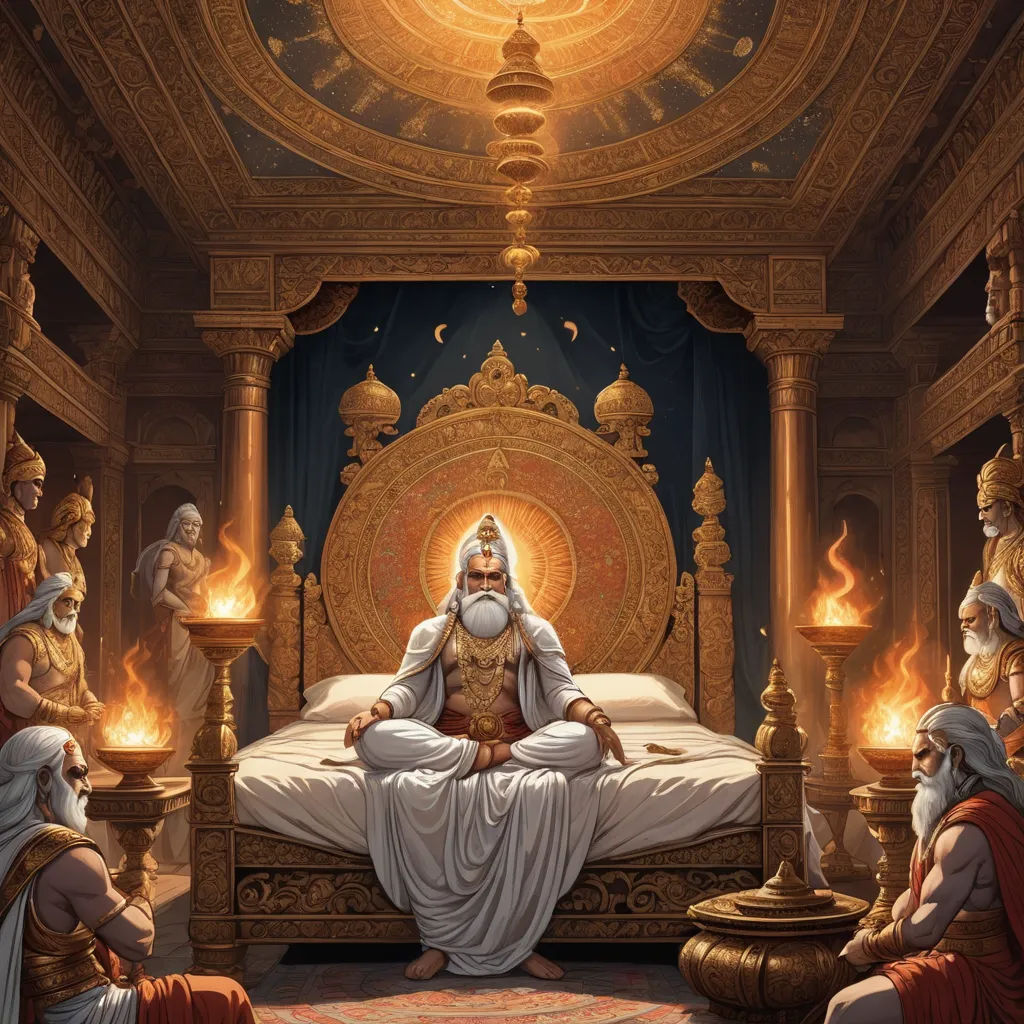
His death was as noble as his life. Choosing to depart during the auspicious Uttarayana, his soul left his body amidst the echo of celestial hymns, marking the end of a great era.
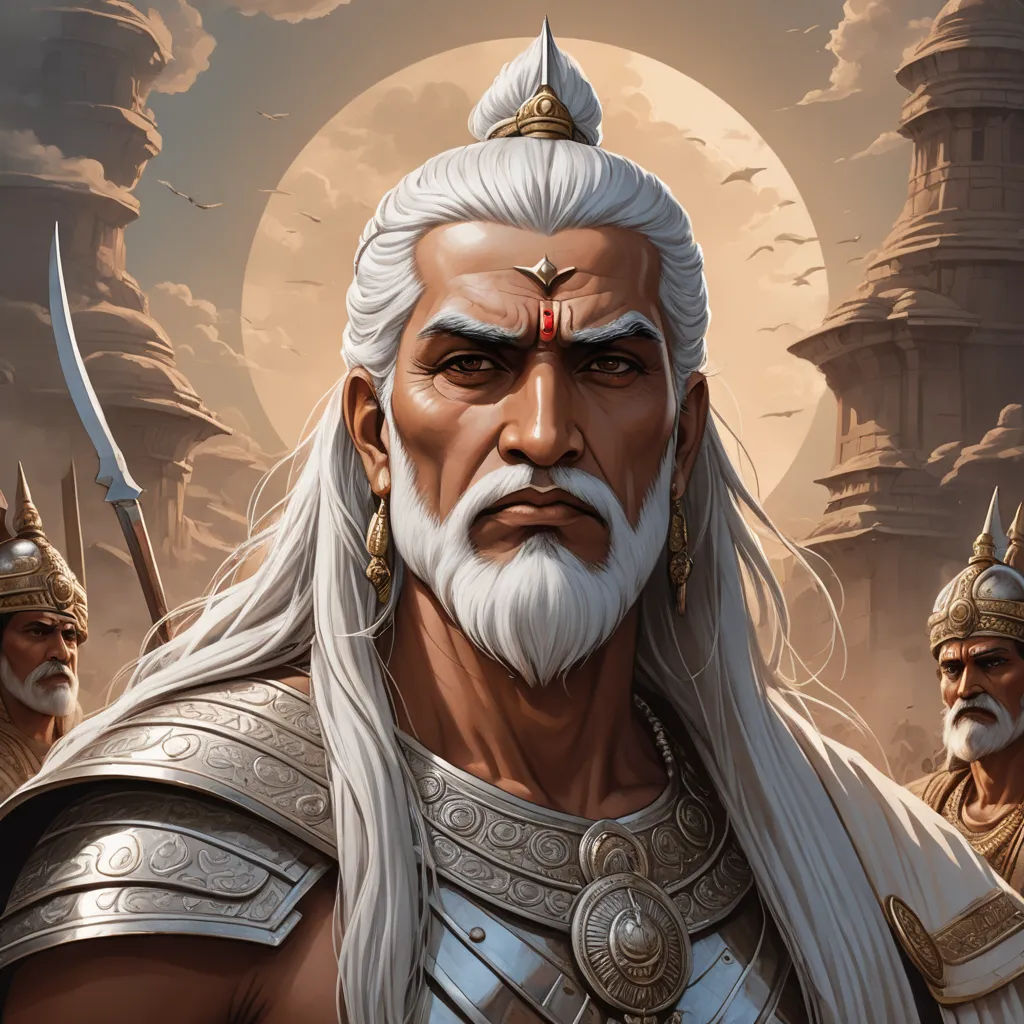
Bhishma's life and death are not just a story but a lesson of devotion, duty, and sacrifice. His vows, his wisdom, and his actions have made him immortal in the pages of history.
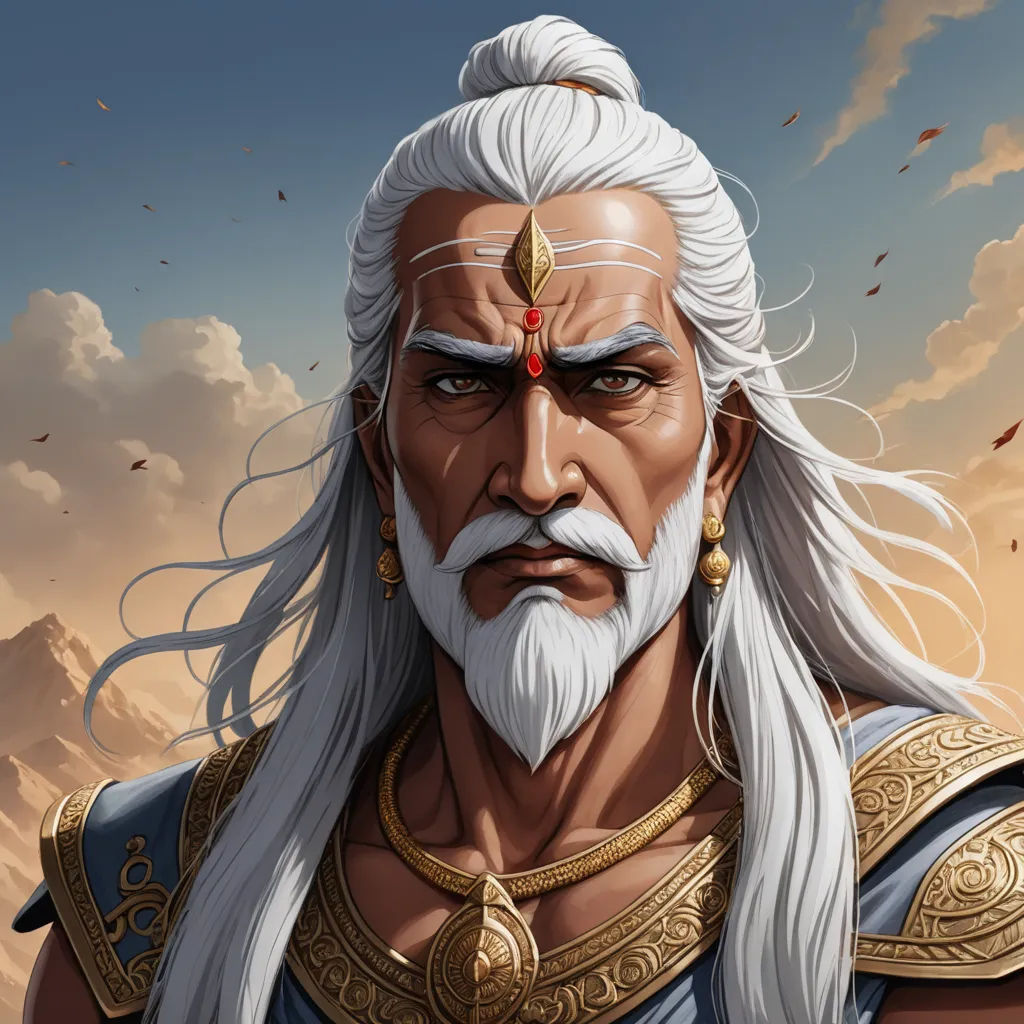
His story continues to inspire, reminding us of the power of vows and the strength of character. The tale of Bhishma pitamaha is a testament to his greatness and a guiding light for generations.
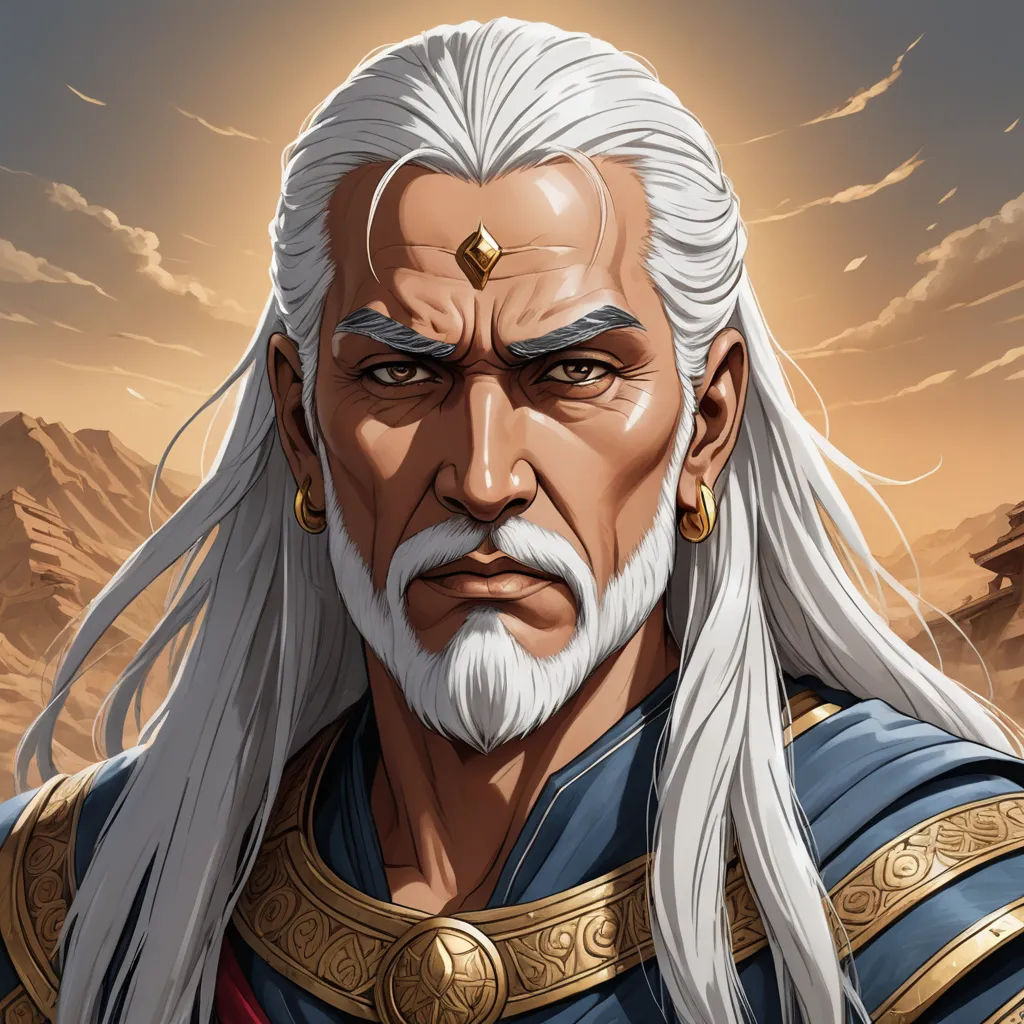
Bhishma's life was marked by his unyielding commitment to his vows, his wisdom, and his sense of duty. His tale is a timeless reminder of the power of character and the indomitable spirit of man.
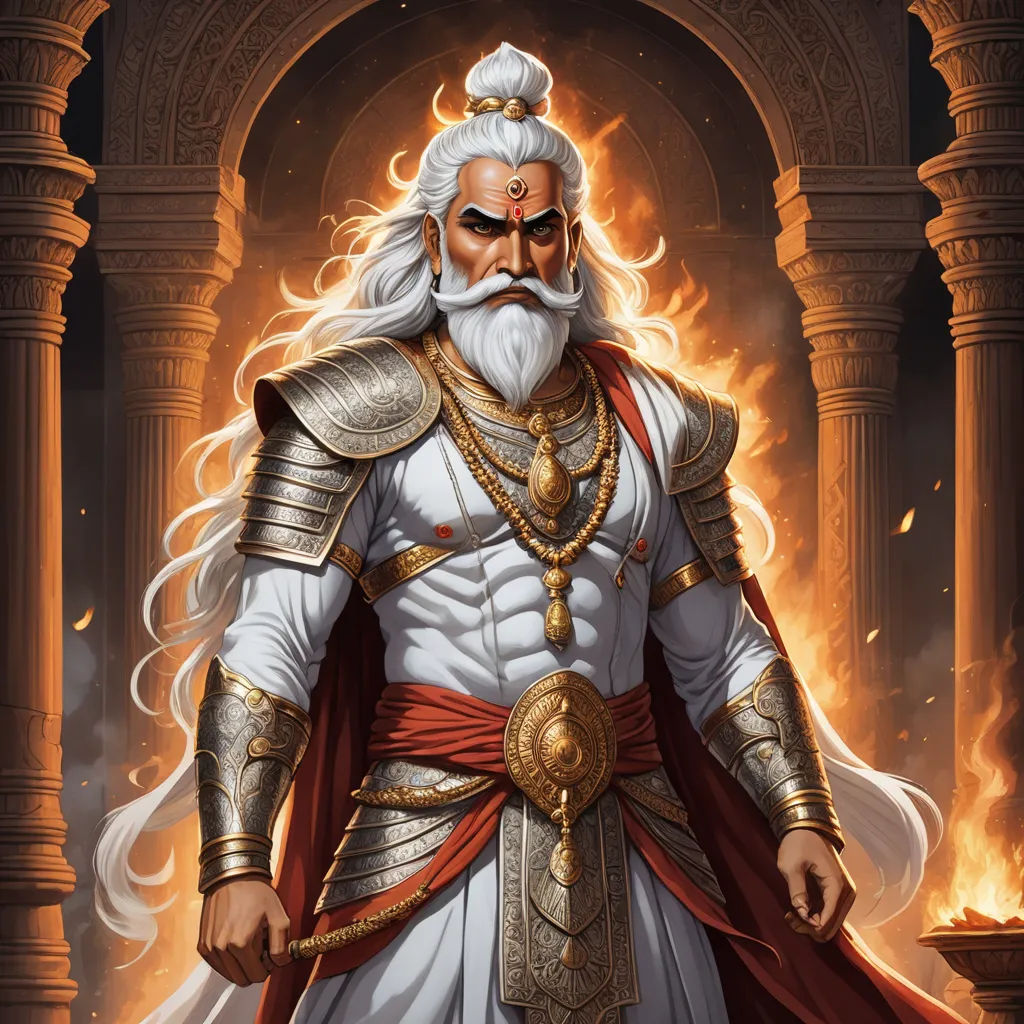
His actions, his choices, and his sacrifices have made him a revered figure, and his story continues to inspire millions, making him a true hero of the Mahabharata.
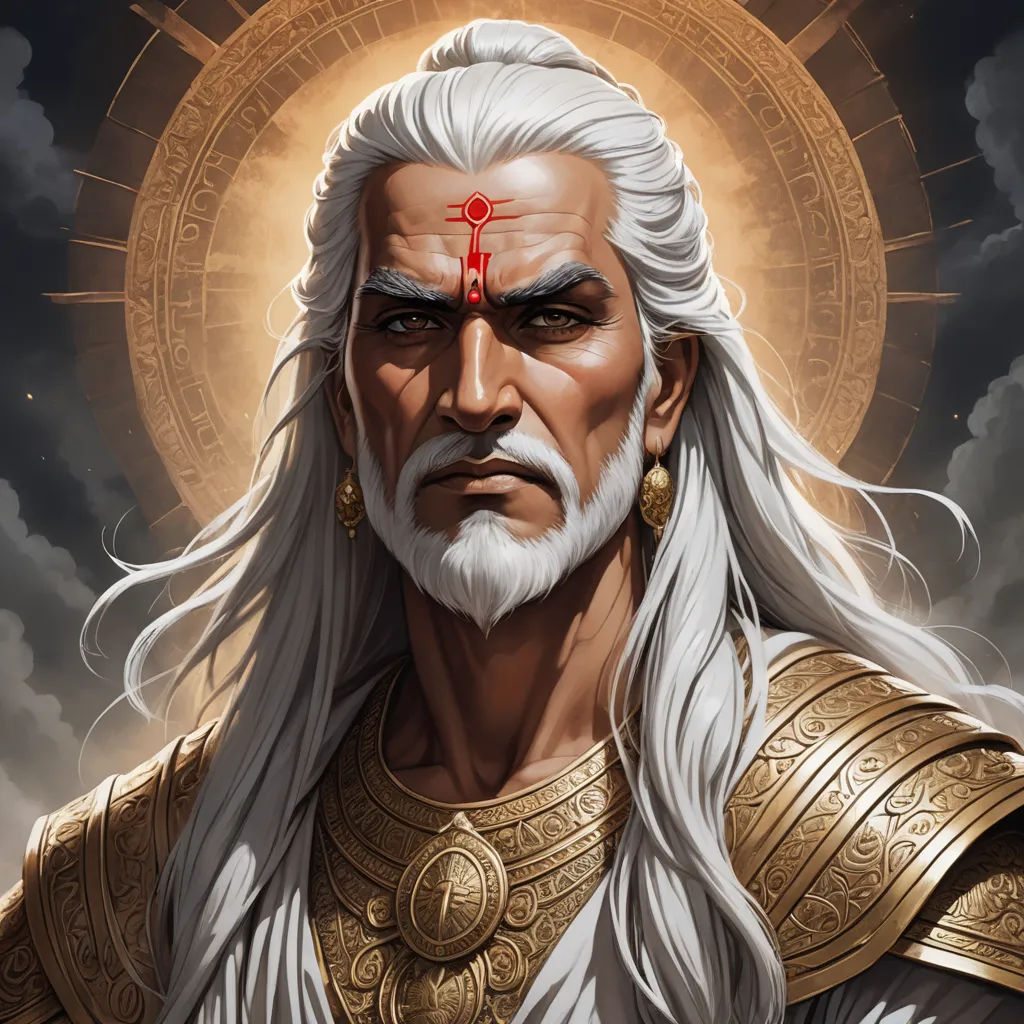
His life, his death, and his teachings serve as a beacon of light, guiding us in times of darkness and despair. Thus, Bhishma pitamaha's saga lives on, echoing through the ages.